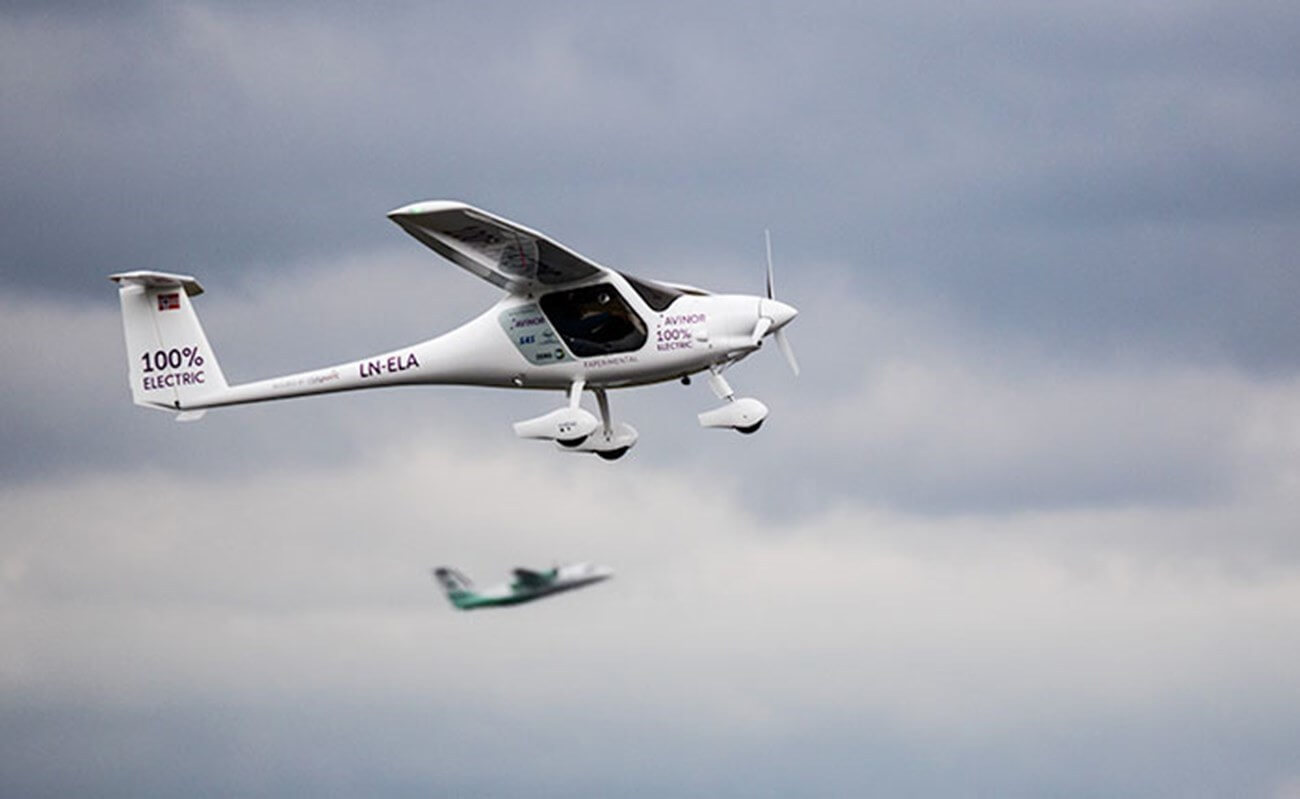What just happened? Electric cars are becoming increasingly popular, but there’s still plenty of work to do in the world of electric planes. In Norway, plans for the aircraft took a nosedive when the country’s first battery-powered plane crashed into a lake.

As per Reuters, the Alpha Electro G2 plane, the first electric two-seater aircraft to be approved for commercial series production, is owned and operated by Norway’s state-run airport operator, Avinor. Company Chief Executive Dag Falk-Petersen was piloting the two-seater on the day of the crash, when he was showcasing the plane to high-profile passengers. Aase Marthe Horrigmo, a junior government minister, was riding with him at the time of the incident. Both were unharmed.
Precisely what caused the plane to crash is still unclear. According to Forbes, the pilot lost power from the engines as he was approaching the airport to land. He believes the plane was traveling at 43 mph when it hit the water. “I made a mayday call and looked for a place to land,” Falk-Petersen told public broadcaster NRK.
Avinor told Reuters last year it hoped to see commercial passenger flights on electric planes by 2025, with all domestic flights electrified by 2040.
Norway leads the way when it comes to electric cars, with more EVs on the road per capita than any other country; they accounted for sixty percent of car sales in March this year.
The big problem with electric planes is the weight, with the heavy batteries resulting in limited ranges. The Alpha Electro G2 has a range of about 81 miles and a maximum flight time of an hour.
https://www.techspot.com/news/81461-norway-first-electric-plane-crashes-lake.html